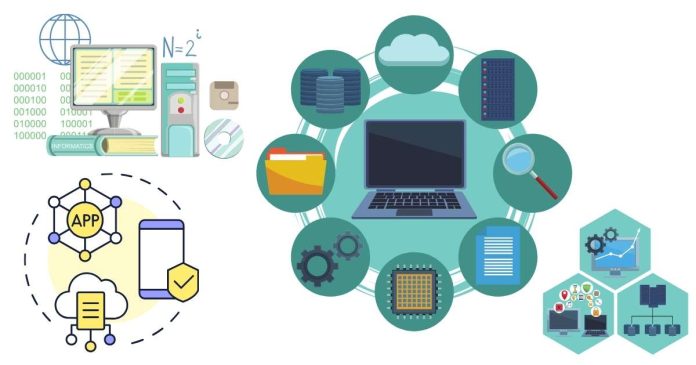What is Informatica MDM?
Informatica Master Data Management (MDM) is a comprehensive solution for managing, consolidating, and synchronizing critical business data across an organization. MDM ensures that an enterprise has a single, trusted, and unified view of its data, which is essential for driving business processes, analytics, and decision-making. It is a key tool for maintaining accurate, consistent, and reliable data across diverse systems and applications.
Key Features of Informatica MDM
- Data Consolidation:
Informatica MDM integrates data from various sources and consolidates it into a single, unified repository, eliminating duplication and inconsistencies. - Data Governance:
It provides robust tools for defining data governance policies, ensuring data quality, compliance, and accuracy across the organization. - Hierarchy Management:
The platform enables businesses to define and manage complex relationships and hierarchies between entities, such as customers, products, and suppliers. - Workflow and Process Integration:
Informatica MDM allows businesses to create workflows for managing data updates, approvals, and changes, integrating seamlessly with enterprise processes. - Data Quality Management:
Built-in data quality tools help cleanse, standardize, and validate data, ensuring that it meets business requirements. - Multi-Domain Support:
It supports various domains, such as customer, product, supplier, location, and finance data, enabling organizations to manage all their critical data in one place.
Why is Informatica MDM Important?
- Single Source of Truth:
Organizations often struggle with siloed and inconsistent data across departments. Informatica MDM provides a single, authoritative view of data, helping businesses make informed decisions. - Improved Customer Experience:
By consolidating customer data from different touchpoints, businesses can gain deeper insights into customer behavior, preferences, and needs, enabling personalized experiences. - Regulatory Compliance:
Many industries, such as healthcare and finance, require strict compliance with data-related regulations. Informatica MDM ensures data accuracy and traceability, helping organizations stay compliant. - Operational Efficiency:
Accurate and consistent data reduces inefficiencies caused by errors, duplicates, and outdated information, streamlining business operations. - Enhanced Analytics:
Reliable data is the foundation of effective analytics. Informatica MDM ensures high-quality data for generating actionable insights.
Core Components of Informatica MDM
- Hub Store:
This is the central repository where all master data is stored after consolidation and cleansing. - Informatica Data Director (IDD):
IDD is a user-friendly interface that allows users to manage, view, and interact with master data. - Match and Merge:
This feature identifies duplicate records and merges them into a single, unified record based on predefined rules. - Hierarchy Manager:
It helps define and manage relationships and hierarchies among entities, such as parent-child relationships. - Business Process Management (BPM):
BPM tools enable the creation of workflows for data approval, validation, and governance.
Use Cases of Informatica MDM
- Customer Data Management:
Consolidating customer information from various channels (CRM, ERP, e-commerce, etc.) to create a single customer view. - Product Information Management (PIM):
Managing product data across multiple systems to ensure consistent and accurate product catalogs. - Supplier Data Management:
Streamlining supplier data to improve procurement processes and supplier relationships. - Healthcare Data Management:
Ensuring accurate patient data for improved care delivery and compliance with healthcare regulations. - Financial Data Management:
Managing financial hierarchies and ensuring accurate reporting and regulatory compliance.
Advantages of Using Informatica MDM
- Scalability:
It can handle large volumes of data across multiple domains, making it suitable for businesses of all sizes. - Flexibility:
Informatica MDM supports cloud, on-premises, and hybrid deployments, giving businesses the flexibility to choose the model that best suits their needs. - Ease of Integration:
It integrates seamlessly with various enterprise systems, such as ERP, CRM, and data warehouses. - Enhanced Collaboration:
MDM enables teams across departments to work with consistent and accurate data, improving collaboration and decision-making.
Challenges and Considerations
- Implementation Complexity:
Setting up and configuring Informatica MDM can be complex and may require skilled resources. - Cost:
The licensing and implementation costs of Informatica MDM can be significant for smaller businesses. - Data Governance:
Successful MDM implementation requires strong governance policies to maintain data quality and compliance.
Informatica MDM is a powerful tool for organizations seeking to manage their master data effectively. By providing a single, trusted source of information, it helps businesses improve decision-making, streamline operations, and deliver better customer experiences. While implementation can be complex, the long-term benefits of accurate and reliable data make it a valuable investment for enterprises aiming to stay competitive in today’s data-driven world.


